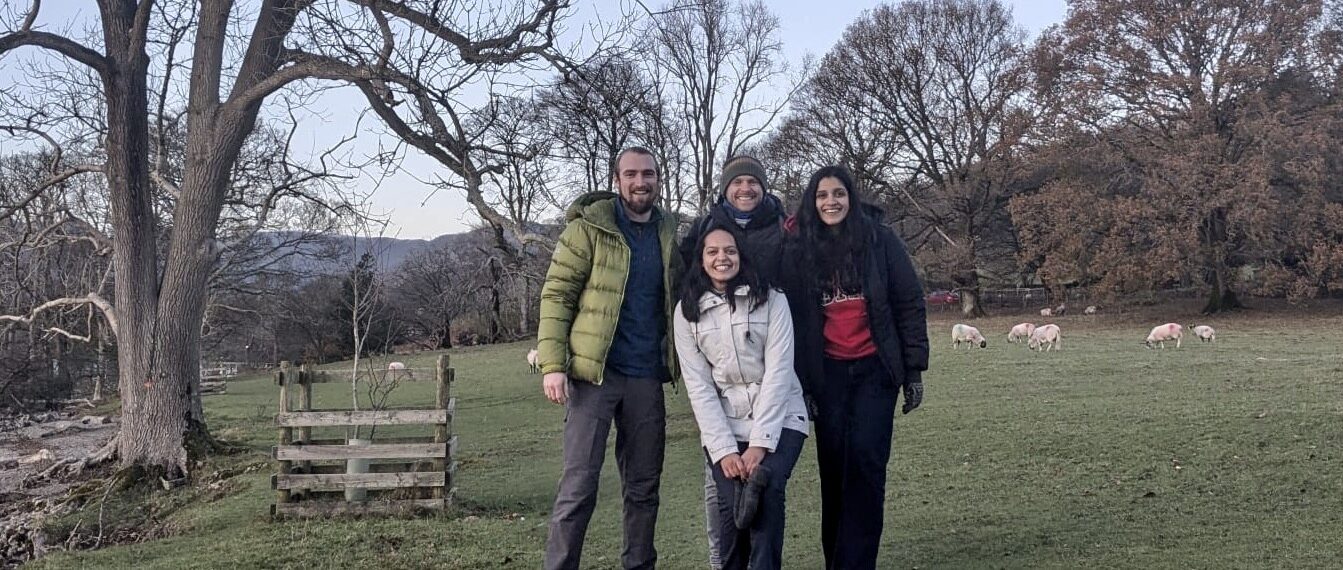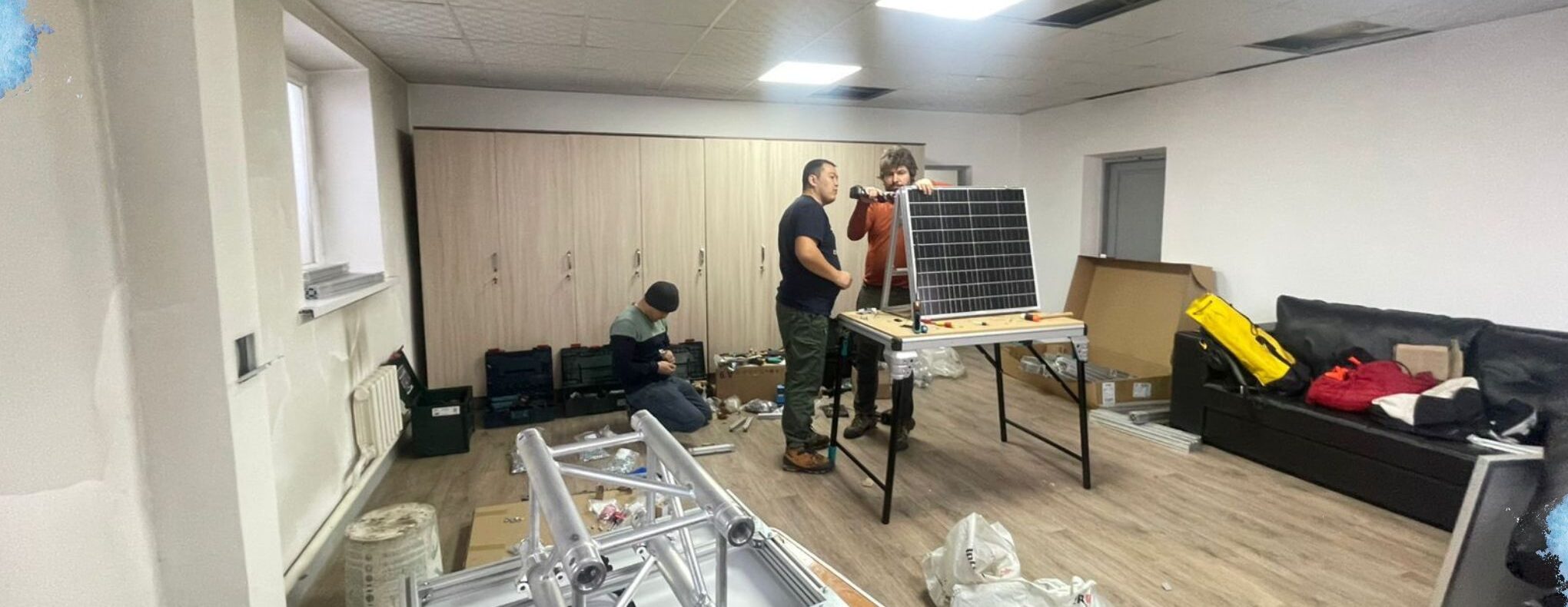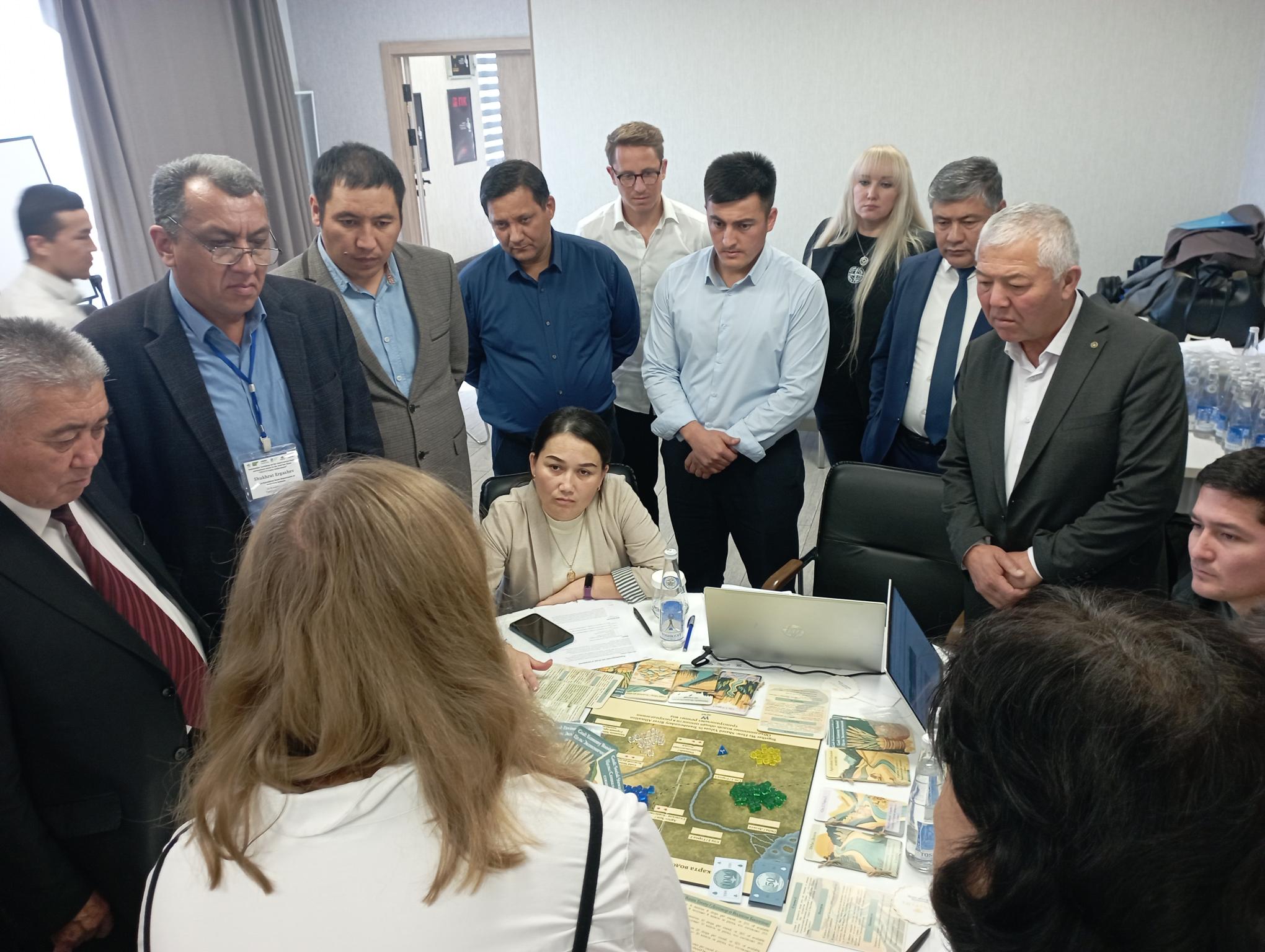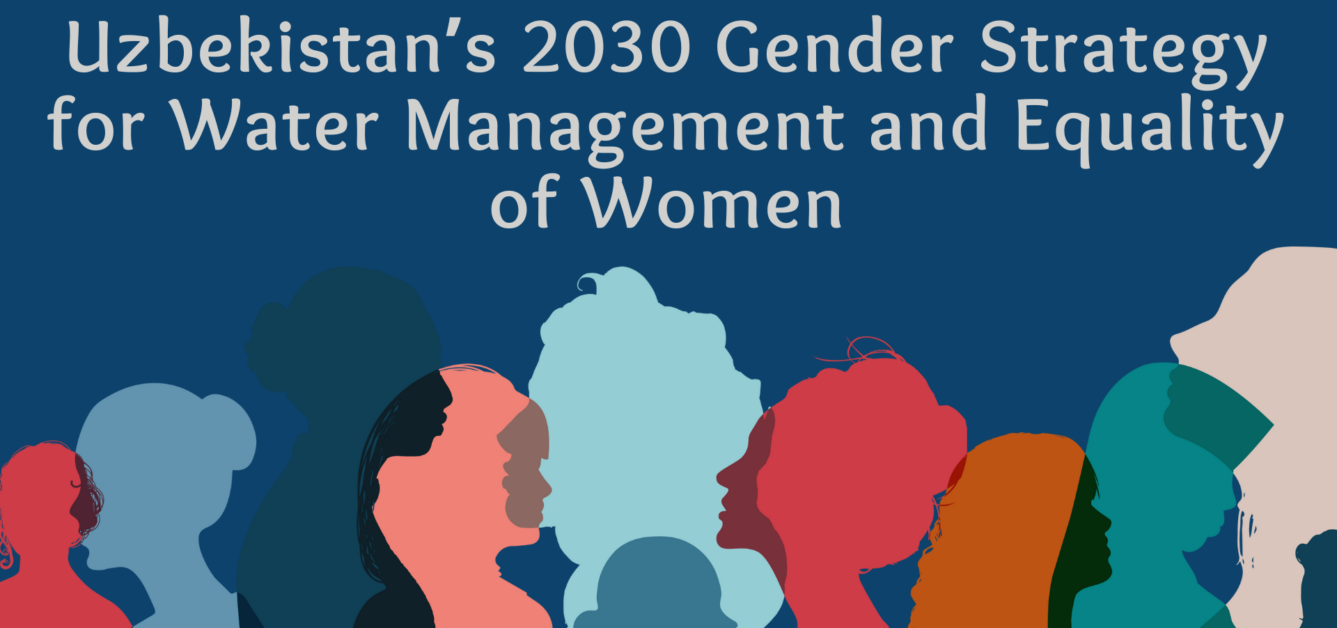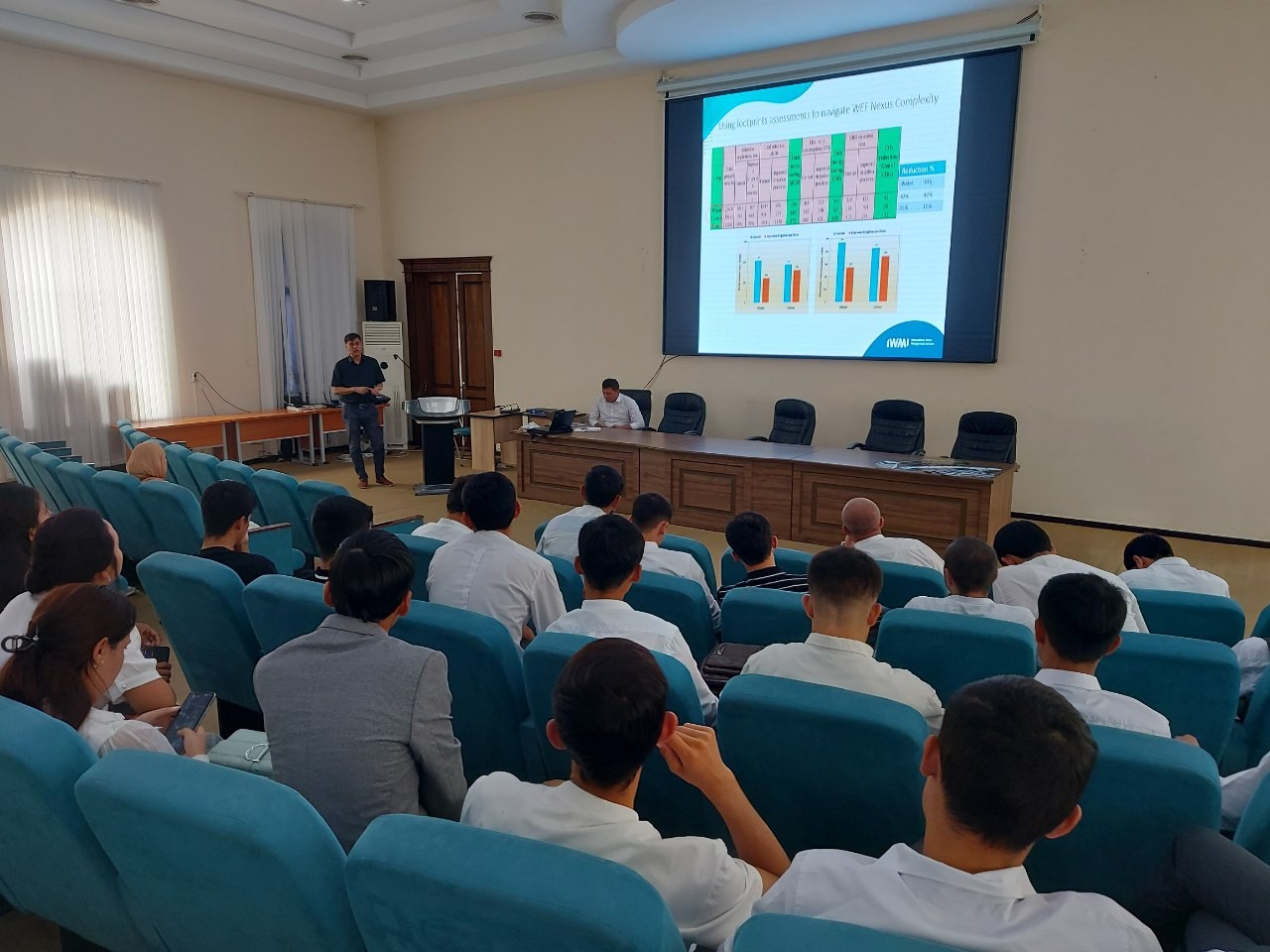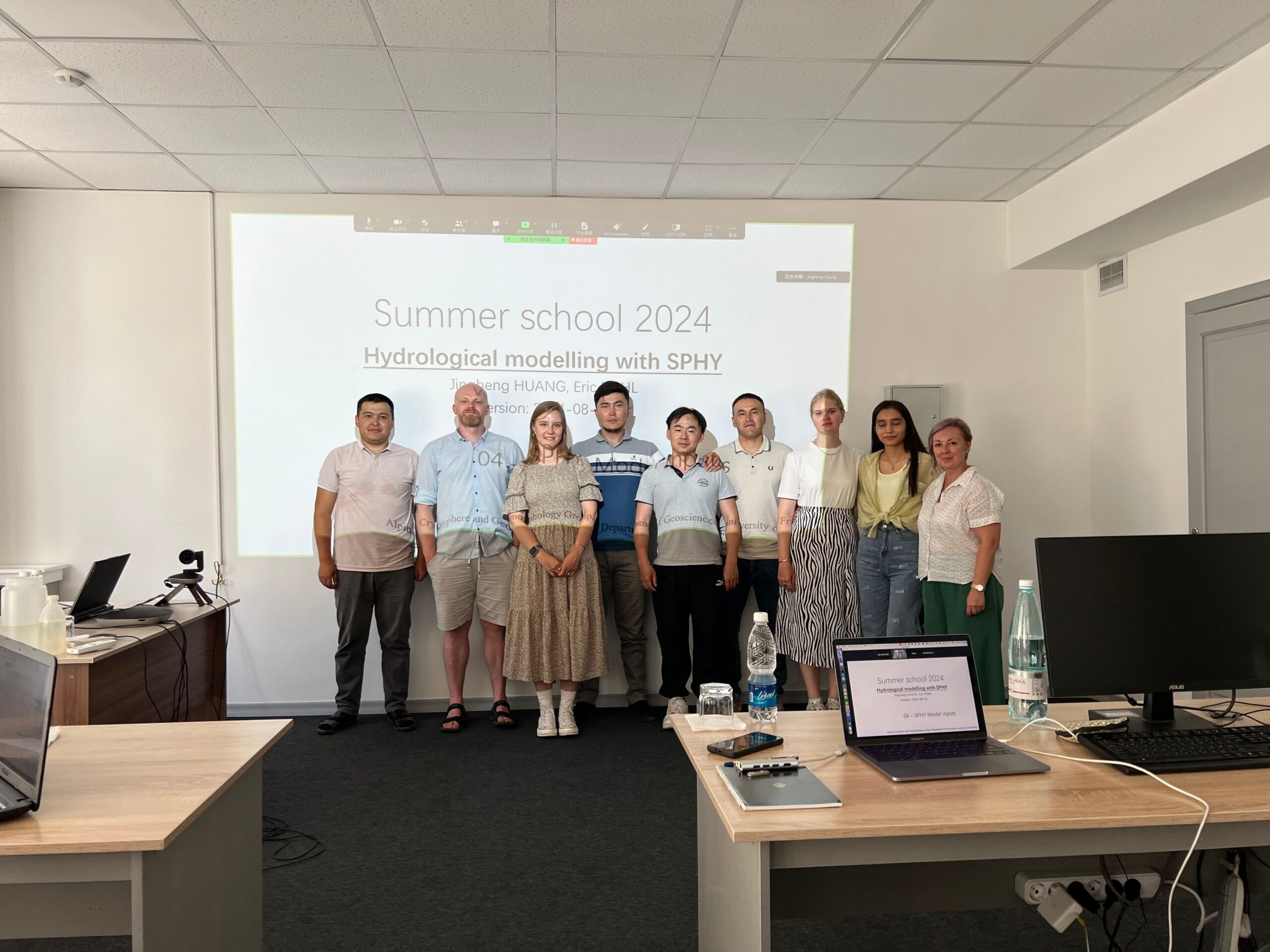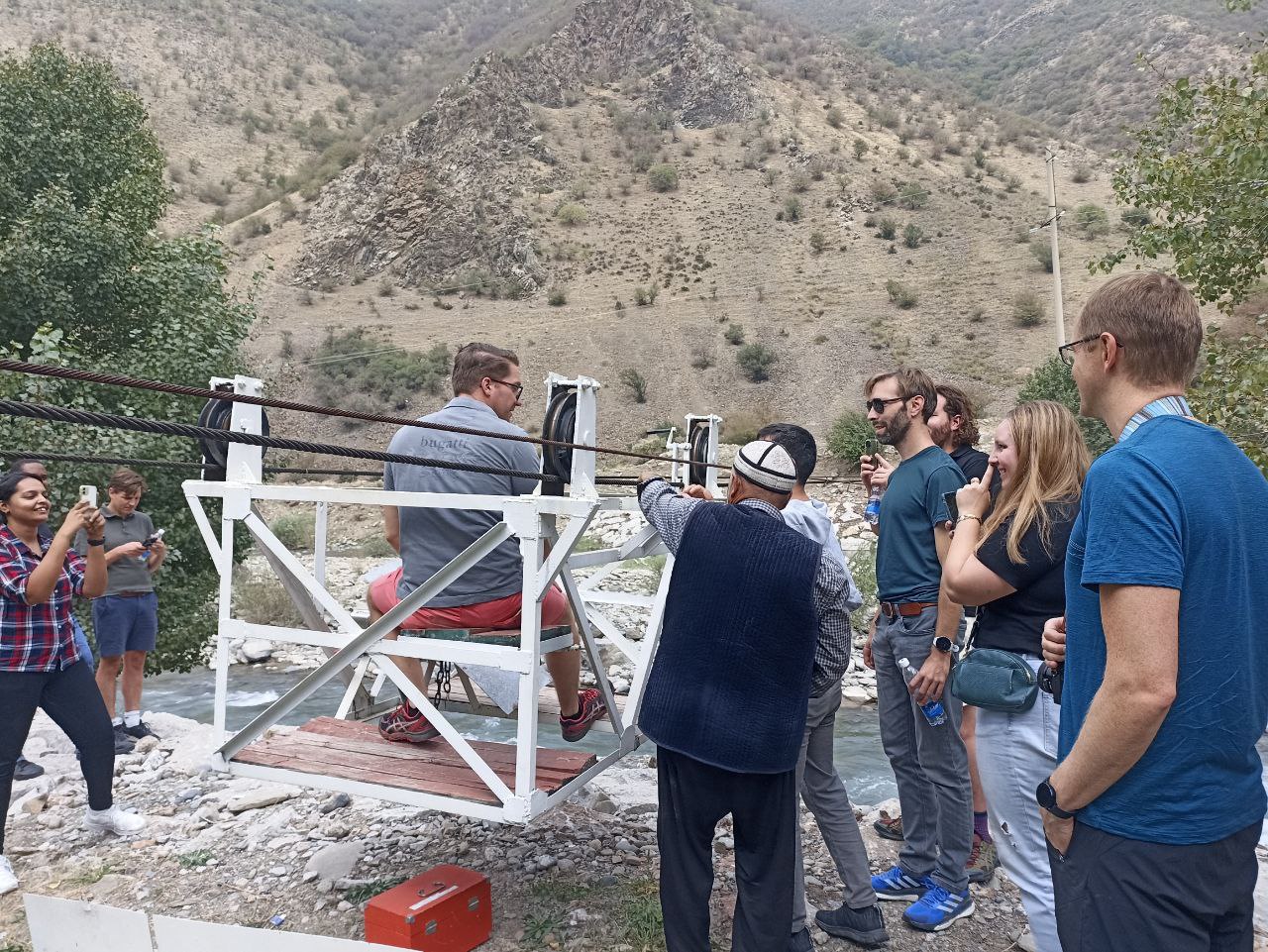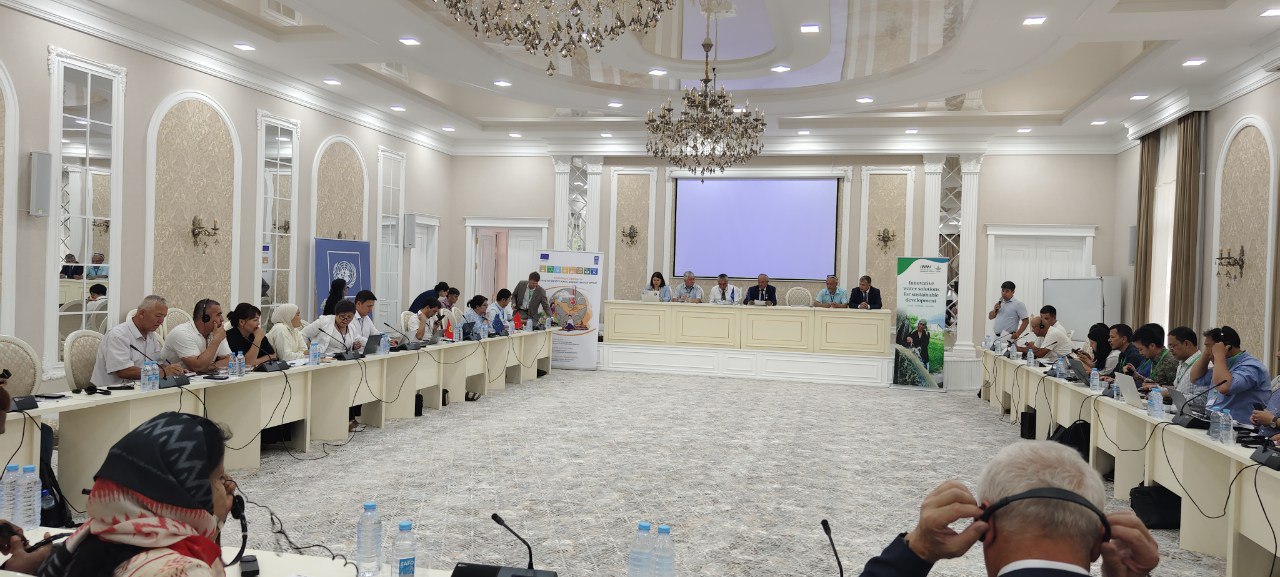Exploring Water Management Through Simulation
In the first session, decision-makers from the Syr Darya river basin will participate in a transboundary water allocation simulation named: Together We Flow: Shared Values in Transboundary River Basin Allocation. Participants will be placed in a fictitious transboundary river basin, where they will be able to interact and learn in a low-stakes and safe situation. The overarching goal is to:
- Promote social learning and encourage collaboration between participants to understand diverse values and perspectives;
- Examine how participants prioritize different values while making decisions about water allocation.
This unique activity, developed with contributions from the University of Twente, not only strengthens cooperation but also enriches ongoing research on how values influence decision-making in transboundary water management.
Understanding Irrigation Water Tariffs
The second session dives into the current state of irrigation water tariffs in Kyrgyzstan and Uzbekistan, with a focus on:
- Legal and institutional frameworks shaping water pricing;
- Economic and social impacts on agricultural productivity, equity, and sustainability;
- Challenges and opportunities in developing effective tariff structures.
By comparing practices between the two countries, participants will engage in meaningful discourse to find the best practices for enhancing water governance and improving irrigation efficiency.
Workshop Objectives and Outcomes
The interactive simulation will help participants understand the complexity of decision-making and trade-offs in transboundary river basins through collaboration and mutual understanding, which is essential for effective transboundary water management.
Participants will gain insights into the legal, economic, and social drivers shaping water management practices while enhancing their awareness of the legislative and institutional frameworks governing irrigation water pricing in Kyrgyzstan and Uzbekistan. The workshop will identify challenges and opportunities to improve water governance, boost irrigation efficiency, and promote sustainable and equitable water resource management.
Through the participation of government officials, researchers, and practitioners, WE-ACT is not only focusing on stakeholder engagement but also driving innovative approaches to water governance. Additionally, the insights gained from this workshop will provide valuable data for researchers on how participants prioritize economic, environmental, and socio-cultural values in water allocation.
Enjoy the live photos from the event below.


